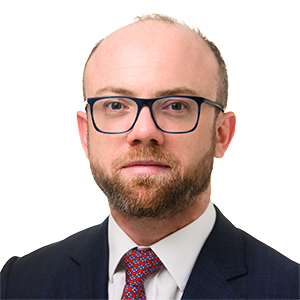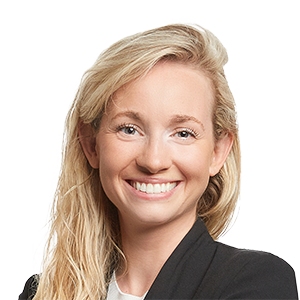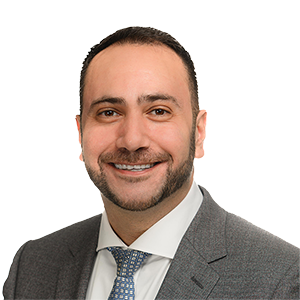
Working with litigation experts | S2 EP15
Disputed - Discussions to keep your business risk-ready
Battle of the experts: whether it’s between engineers advising on a pipeline’s propensity to crack or economists calculating the cost of a failed merger, experts have a vital role in helping the court understand technical issues to reach a fair and reasoned decision. But how do you pick the right expert for the case? How and when should you work with them? What makes expert evidence inadmissible? To answer these questions, we welcome Dan Daniele and Justine Smith from our Toronto office. Dan is a partner who practises in all areas of intellectual property, with specific experience in pharmaceutical patent litigation. Justine is an associate whose practice covers all areas of commercial and civil litigation.
CPD credits: This episode qualifies for 0.72 hours of Professionalism credit in Ontario and 0.70 hours of Substantive credit in British Columbia.
Listen and subscribe to the Disputed podcast on:
Contact us



